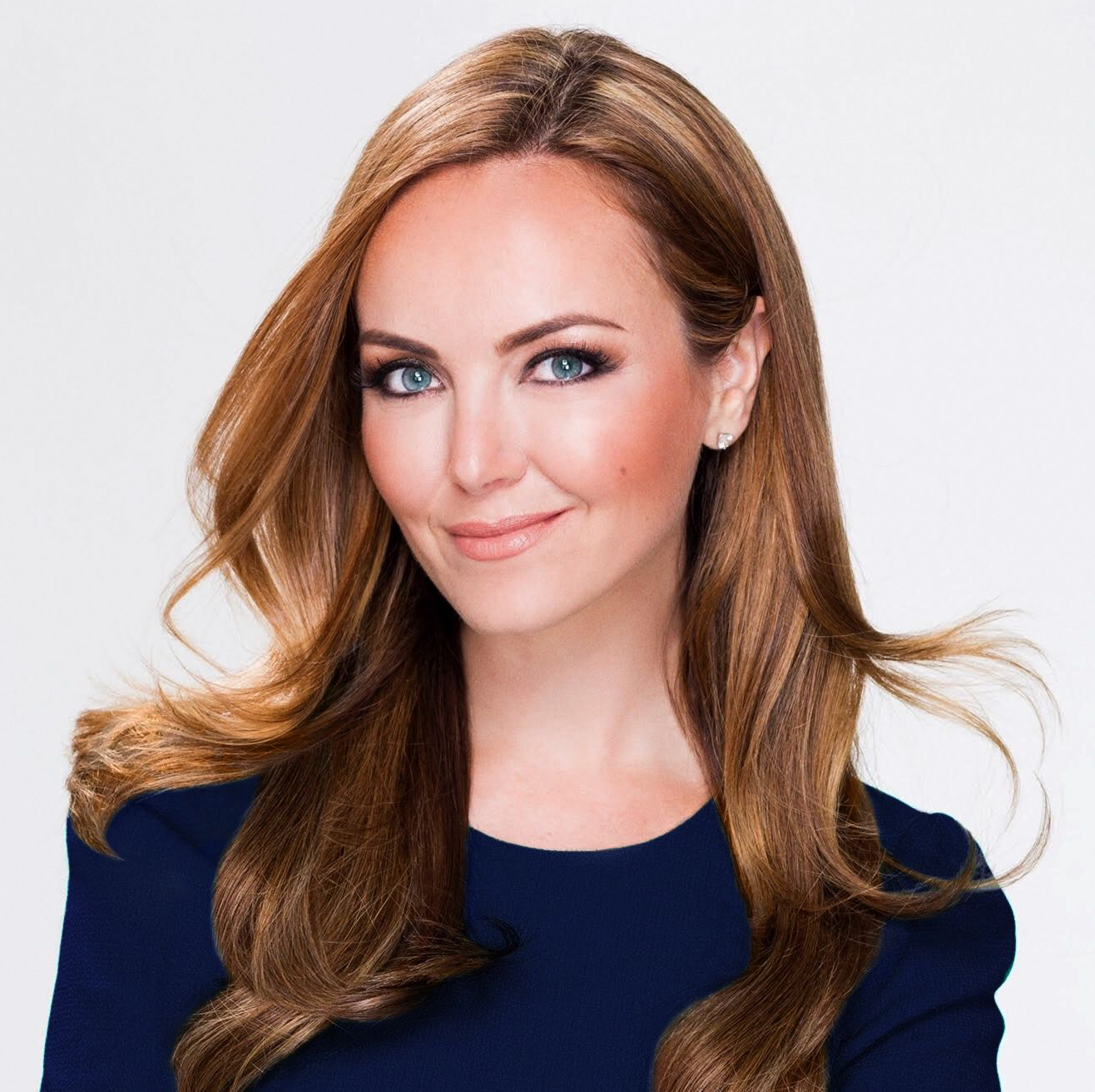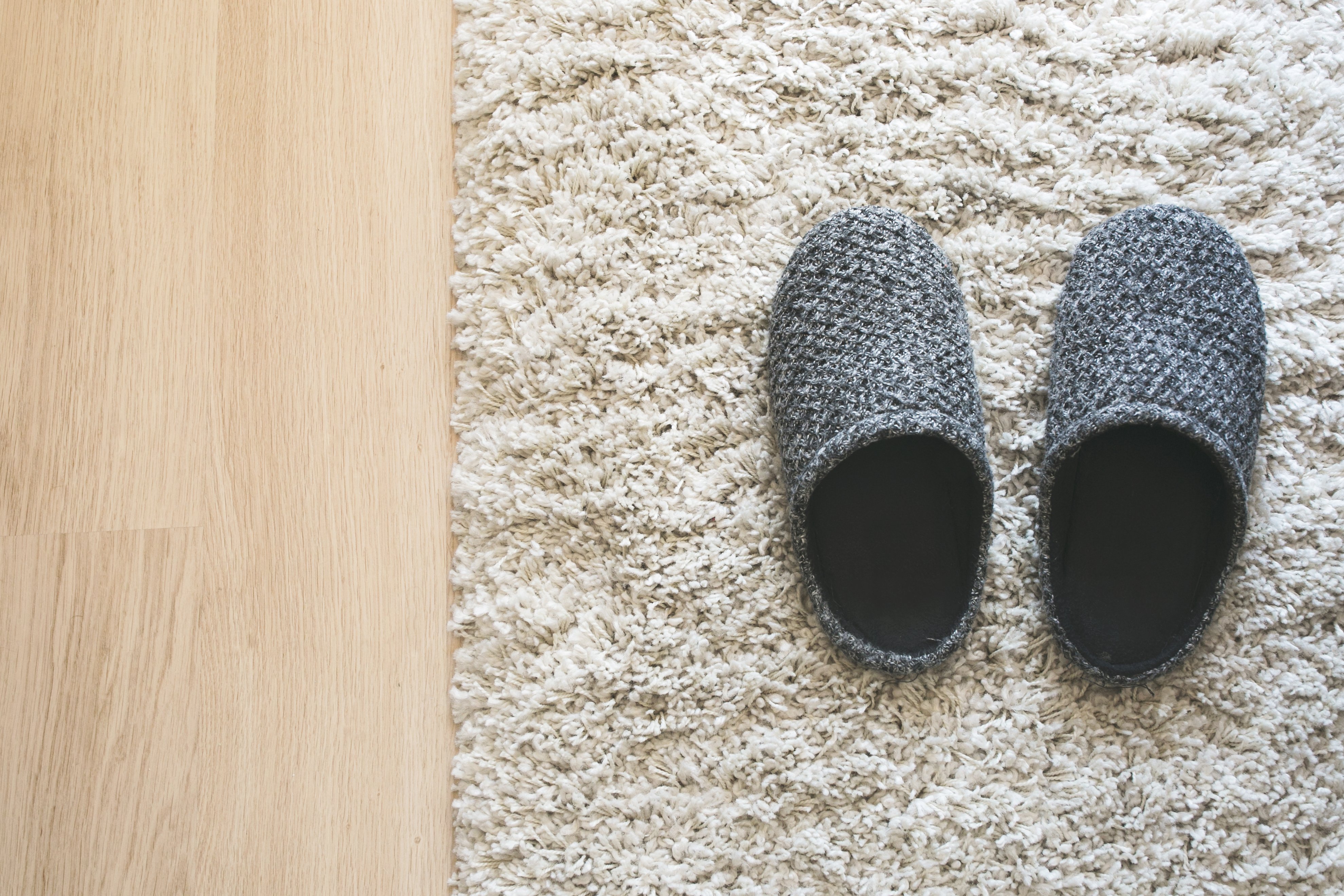My eyes were sore and barely open as I was escorted down the long hallway, lit by blinding fluorescent lights that felt like they might swallow me up. The nurse guided me into what looked like a sterile white classroom, with four chairs arranged in a row like a panel and another chair facing them. I guessed I was supposed to sit in that one, as the four across from it were already occupied by four people with clipboards. They were in normal clothes, and I was in a hospital gown and pink socks with little white treads on the bottom. I’ve walked into some intimidating rooms in my life—boardrooms at Wall Street banks, greenrooms at major TV networks—but none more intimidating than this.
From what I could remember, I had been admitted to the emergency room around midnight the night before after police picked me up on a street corner. I’d had nothing in my stomach for days except alcohol and coffee. I had no cell phone. No money. No keys. No ID. Just cigarettes in my pocket, even though I don’t smoke, along with matches (because to this day I don’t know how to use a lighter). And a full bottle of Ambien. I was working all day and night without sleeping. I was sad. I was stressed. I wasn’t taking care of myself. I experienced severe burnout. I remembered what the EMT told the hospital when they checked me in: I was a suicide risk.
Now sitting in this white room, across from four doctors and therapists, I felt like a zoo animal. In the three days that followed, I went from despondent and depressed to humbled. I hate when actors say they are “humbled” when they win an Oscar. Um, that’s not “humbling,” that’s amazing. Spend some time in the psych ward with a whole different cast of characters, and then you’ll really feel humbled.
At first, I was that girl sitting in the corner, drinking black coffee by herself. Then I slowly began talking to others, and signing up for the group classes, like horticulture and music therapy. There were no padded rooms or screaming in the middle of the night, just a bunch of people who were suffering like me and needed to get better . . . as one does in a hospital. There were homeless people and there were CEOs, patients from all walks of life. I came to appreciate the psych ward as a great equalizer, like the subway or the flu.
The day I was discharged, I walked right outside onto First Avenue in New York City, holding a plastic bag of my belongings. No one was there waiting for me, and I didn’t have my phone when I checked in, so I couldn’t call anyone. I didn’t really want anyone to see me like that, anyway. I was alone. But at that point I didn’t feel lonely anymore. I knew the journey to come would be largely a solo one, so I might as well get down with that on Day 1.
I walked all the way home. It was a few solid miles, but I felt like I could have walked outside forever, more appreciative of being outside, walking, that day than any other. I had no phone to look at like I usually would have, so instead I looked around at the city, grateful for every little thing I saw. I looked at the people I passed like I never had before when I’d walked with my face staring at a screen or my mind obsessing over my to-do list. They had no idea where I’d just come from, and I had no idea whether they might have been there once, too.
To be clear, the psych ward sucked. It really sucked. But it was also one of the most rewarding places I’ve ever been, because going there forced me to get serious about taking care of myself for the first time. I used to pretend like my trauma didn’t exist so that it wouldn’t get in the way of my success. I was certain that it would be the kryptonite that would eventually bring me down. I had to learn to kill the idea that my biggest problem was my biggest weakness.
Finally Facing My Problems
After my breakdown, I finally confronted my PTSD diagnosis, and all of the symptoms—good and bad—that came along with it. The truth is, I wouldn’t be who I am today without dealing with the depressive episodes or times of hypervigilance and arousal (not the sexy kind) that came from the diagnosis. Without them, I probably wouldn’t have worked so hard and might never have had the opportunities I received as a result. And if that part of me is what got me to where I am now, then I have to consider the possibility that it might just be the last thing I ever expected it to be: a superpower.
My mission was to find the power in facing my problems, not to change myself or be problem free (problems are a game of whack-a-mole anyway: as soon as you tackle one, another pops up for you to attack). You can do the same thing. Lots of the issues and personality traits we view as holding us back can also push us forward.
I have problems; you have problems; we all have problems. The point is, the only problem that truly is career kryptonite is the problem of ignoring your problems. So look those babies right in the eye, give them a wink, and make them your new best friends. A mental health professional once put it to me this way: If oysters can take the sand that creeps into their shells and turn that into something as beautiful and valuable as a pearl, then so can we.
A Chance to Start Fresh
After finishing the other-worldly walk home to my apartment from the hospital, one of the first things I did was to cut off my white hospital bracelet with a huge sigh of relief and gratitude. Relief for coming through that experience, and gratitude for the chance to get on a healthier path. As the bracelet came off, I was surprised to see another band underneath it that I hadn’t even realized was there. This one was yellow, and all it said was “Fall Risk.” I’ve since Googled it and learned that everyone gets a “Fall Risk” band in the psych ward because, unlike patients in other parts of the hospital, most psych patients are allowed to walk around freely within the ward; changes in medications, however, put them at greater risk for falling. Those two simple words—”Fall Risk”—would go on to become a phrase that had great meaning for me.
I keep that yellow band in a frame on my desk as a daily reminder that without the right care and maintenance, I am a “Fall Risk.” Not physically, but mentally. Of course, I’m going to do everything I can not to slip again. Having a breakdown is not fun. But it happens. Tons of high-powered people I know have experienced burnout and breakdowns, too. It doesn’t mean you’re weak. The best way to avoid another breakdown in the future is a combination of compassion and tough love. First, I have to give my former self empathy for what I didn’t know. Then, learn that. Grow. And don’t go back.
Excerpted from Becoming Super Woman: A Simple 12-Step Plan to Go from Burnout to Balance.
Nicole Lapin is the New York Times Bestselling author of Rich Bitch and Boss Bitch. She is the host of the nationally syndicated business reality competition show, “Hatched.” She has been an anchor on CNN, CNBC and Bloomberg. Her latest book, Becoming Super Woman, is available now.
Take control of your money this year with her online personal finance course, The Money School (hyperlink to themoneyschool.com). Use promo code MONEY2020 until 1/31 for 50% off tuition.


